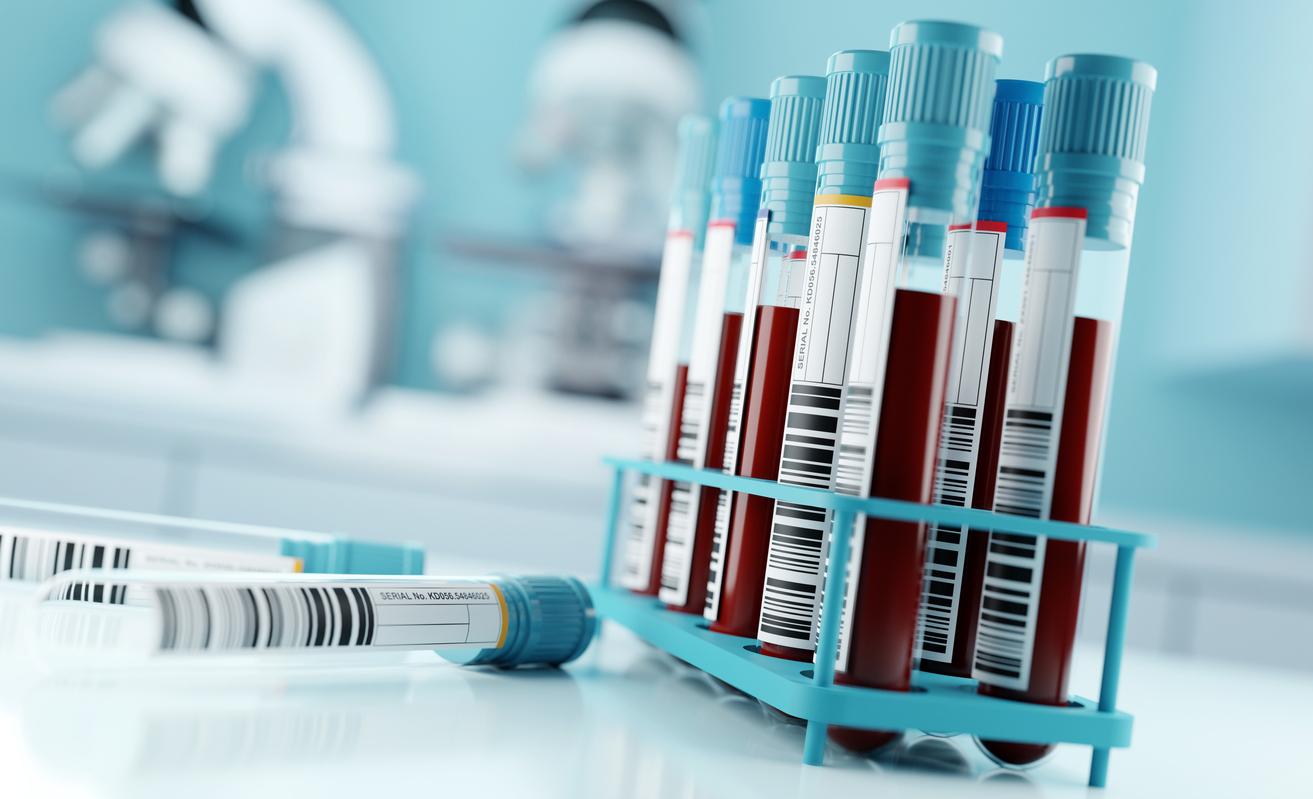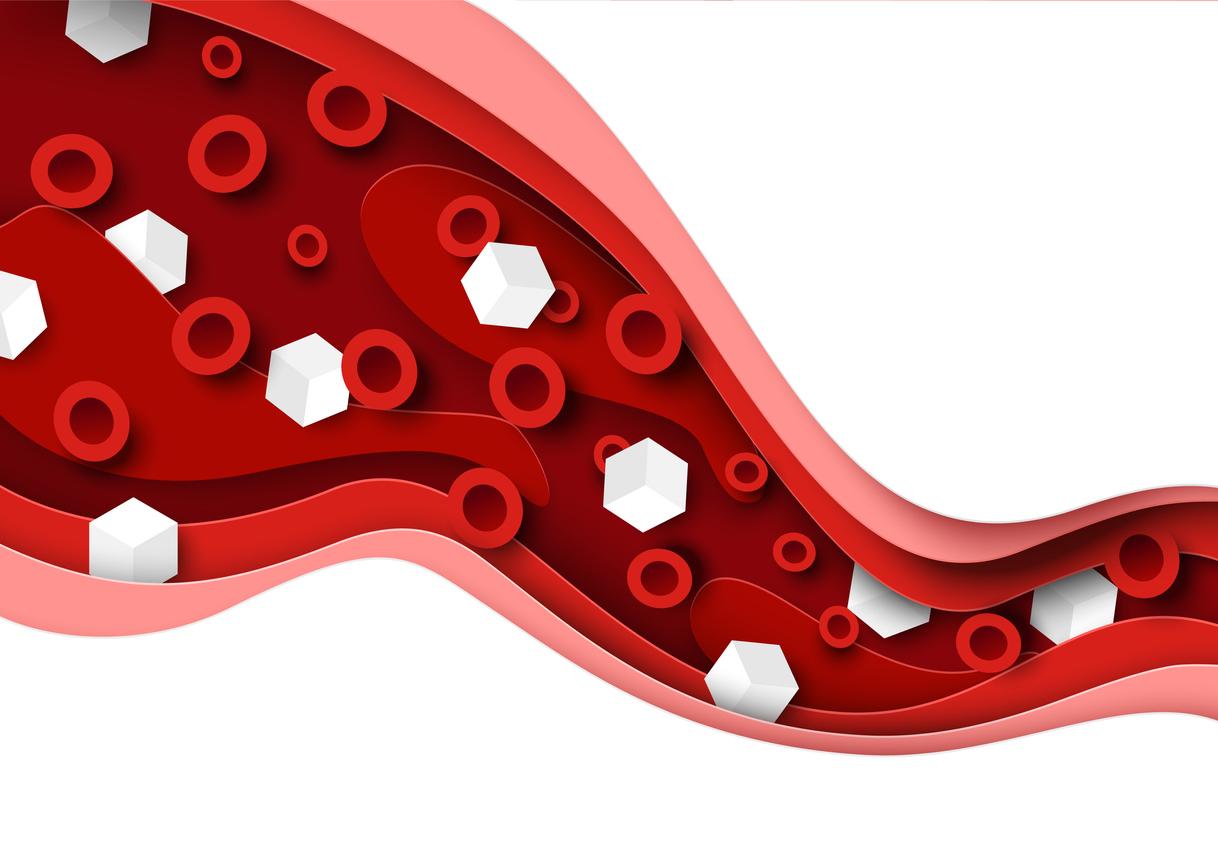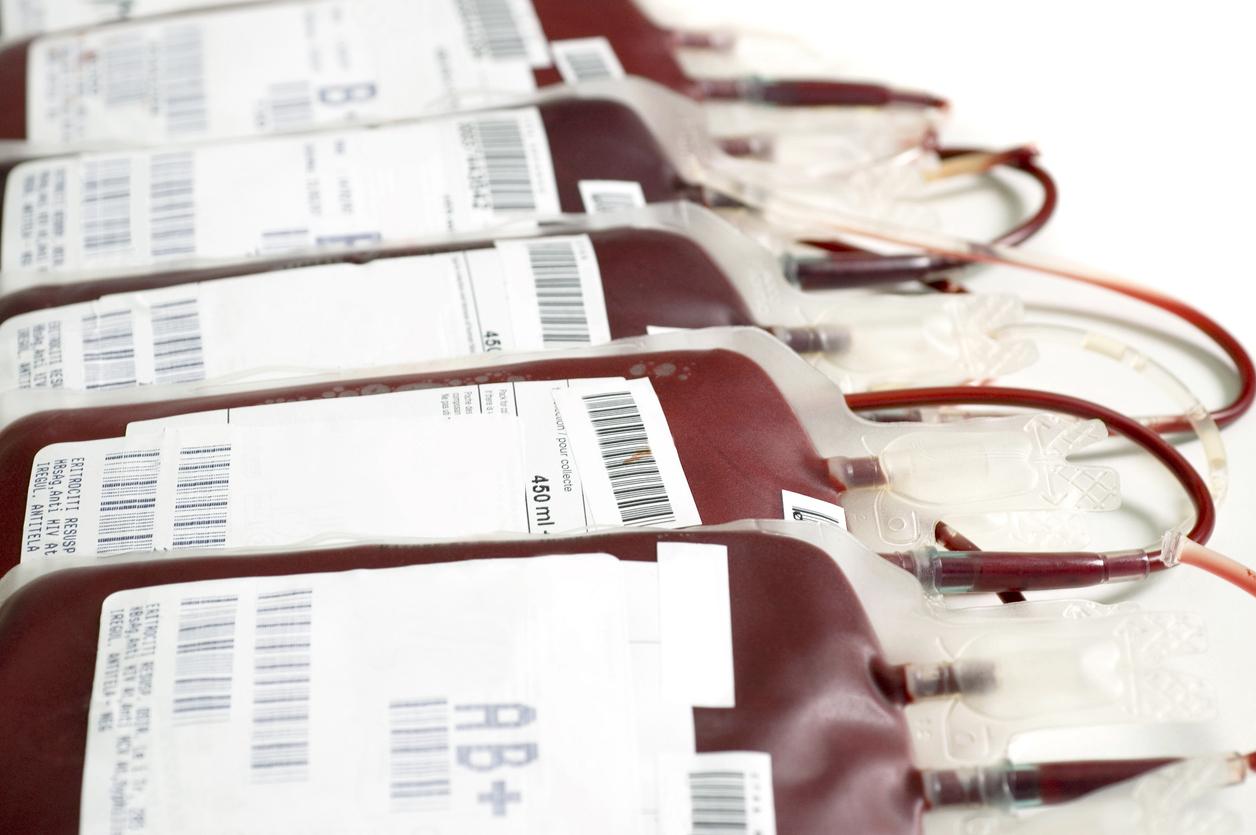It would be possible to detect with a blood test the effectiveness of antidepressant treatments in patients, according to the results of a study published in the medical journal International Journal of Neuropsychopharmacology.
Scientists from King’s College London (UK) have developed a blood test that accurately and reliably predicts whether depressed patients respond to common antidepressants. A therapeutic solution that could herald a new era of personalized treatment for people suffering from depression. The scientists targeted two biomarkers that measure inflammation in the blood of two groups of depressive patients. Because, the higher the levels of inflammation, the more severe the form of depression, and the greater the risk of low receptivity to conventional antidepressants.
“The identification of biomarkers that predict response to treatment is essential for reducing the social and economic burden of depression, and improving the quality of life of patients”, explains Professor Carmine Pariante of the Institute of Psychiatry, Psychology and Neuroscience (IoPPN) at King’s College London and lead author of the study.
Patients who have arterial inflammation above a certain threshold could be directed to more rapid access to new treatments, to the addition of other antidepressants or anti-inflammatory drugs.
“This study provides a new solution for personalized antidepressant treatment at the first signs of depression. depression. “It is really crucial to carry out a clinical study comparing the current clinical practice in the prescription of antidepressants, and our new approach of “personalized psychiatry”, where the antidepressant treatment plan is guided by the blood test”.
Read also:
Depression: better screening needed
Effective light therapy for all depressions
Depression paves the way for Parkinson’s disease

















